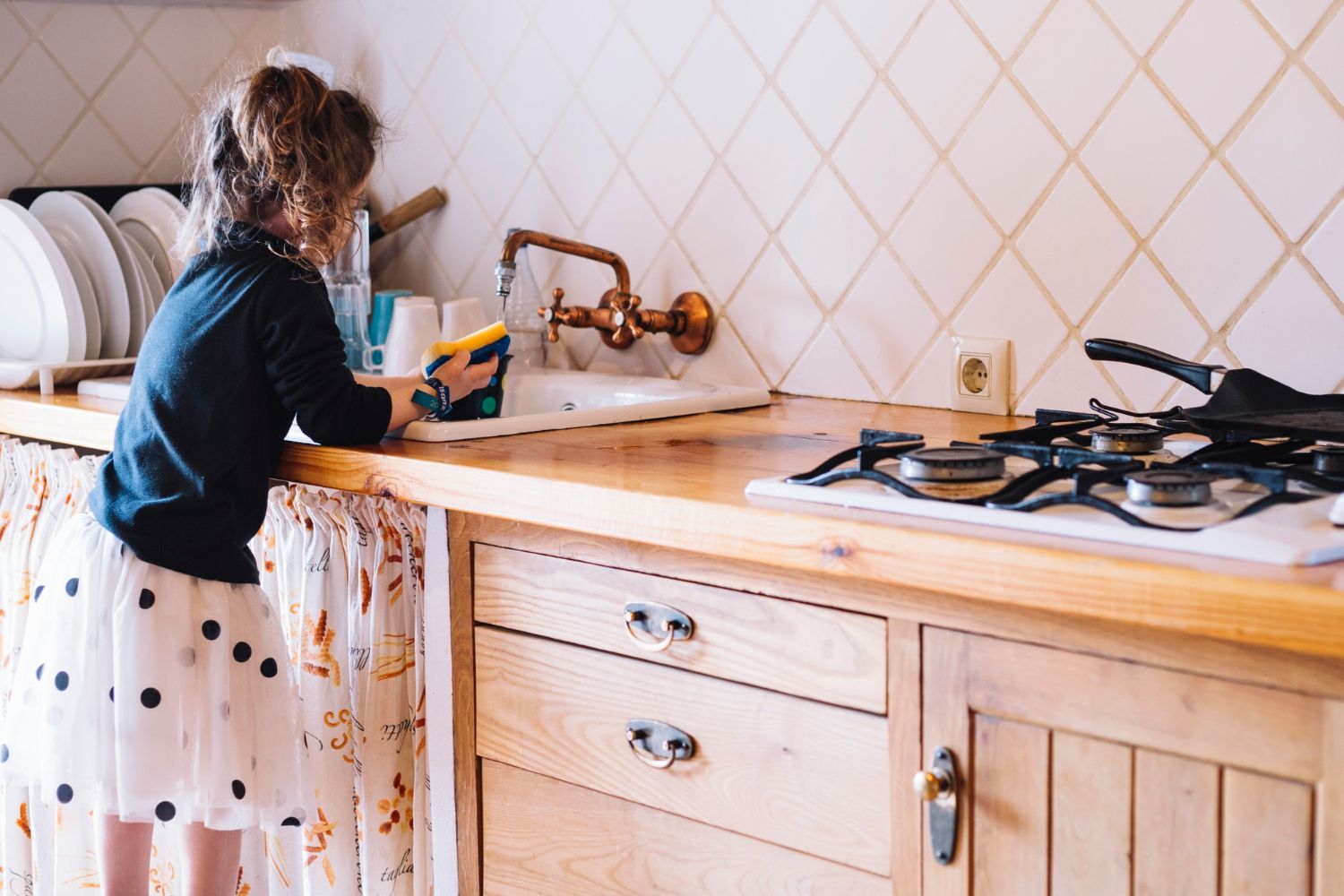Considering an ADU? Here’s what you need to know

Q: I want to add an ADU (Accessory Dwelling Unit) to my backyard. What are my options to get started?
A: Congratulations on joining an entire league on this topic after the popularity of home improvement shows and rising home equity. Now several homeowners in Seattle are thinking out of the box for adding extra space in their already existing property. ADU is one such way to expand living space for friends, family or house guests or even a den.
However, when we talk about adding extra space to a property, there are two major options. The first one is an ADU and the other one is a DADU (Detached Accessory Dwelling Unit). DADU is a separate unit detached from the main house whereas ADU is attached from the main house and accessible from inside.
Your choice not only depends upon the current structure but also on your aspirations and requirements. If you prefer to avoid a complicated construction project involving a detached structure, you can opt for a simpler solution by renovating existing space to build an ADU. For example, you could transform your basement into a guest suite.
DADU vs. ADU
One major advantage of a DADU is that it is a separate living space and can be used for parents or growing teenagers or college-returning kids. It can also be rented out making it a money-making option. These are also great office spaces and workspaces since they offer privacy from the main house.
However, making a separate structure requires considerable investment and structural changes. In the case of an ADU, an existing space can be simply renovated to make it workable. Budget and current structure can be a big factor in going for an ADU rather than a DADU.
DADU benefits:
- Increased living space for family members and/or home office.
- Potential for additional income through long/short-term rentals.
- Enhanced property value.
ADU benefits
- Potentially higher Return on Investment compared to DADUs for resale.
- Opportunity to upgrade home's electrical, windows, insulation, heating, and plumbing, resulting in improved energy efficiency.
- Potentially more flexibility compared to size-restricted DADUs.
- Suitable option if the home does not meet the city's requirements for DADU, such as lot size or setbacks.
DADU Necessities
The minimum lot size for a DADU in Seattle is 3200 square feet whereas the maximum is 1000 square feet. While some homeowners go for budgeted increases, more real estate-inclined people go for the maximum possible size available as per local building codes. As a homeowner, it is always better to get a free consultation about the local laws and construction boundaries from a professional company like TOV Restoration.
Cost Considerations
ADU's total costs can be surprising due to their inclusion of all the essential elements that make a house expensive, such as kitchens, bathrooms, and heating, without the cost-reducing aspect of additional square footage. Bedrooms, living rooms, and storage spaces are comparatively less expensive, helping to maintain a lower cost-per-square-foot.
Moreover, an additional expense that often catches homeowners off guard is the necessity to update some or all of the main house's utilities. Evaluations must be conducted on the electrical panel, water supply, sewer line, gas line, and heating systems to ensure they can handle the added space of the ADU.
Finding Space
Basement is usually the first place homeowners convert into an ADU. Attached and detached garages also offer a nice solution for a curated ADU. A back room, patio or an unused room can also be converted into an ADU, saving cost and adding utility simultaneously.
Ready To Get Started?
When considering adding space to your home, whether indoors or outdoors, it is essential to conduct thorough research and collaborate with a skilled design partner like TOV Restoration. This will ensure that your home's requirements, available space, and budget are effectively addressed.



